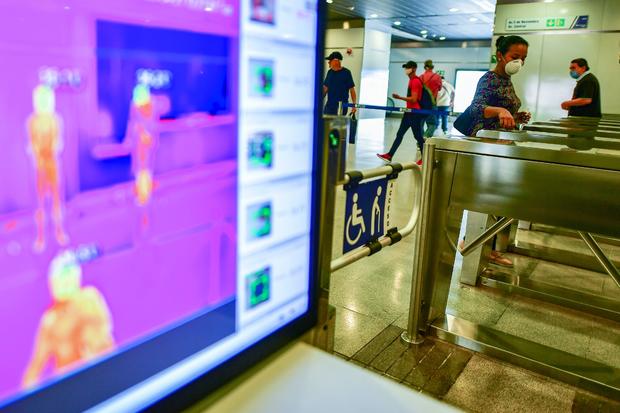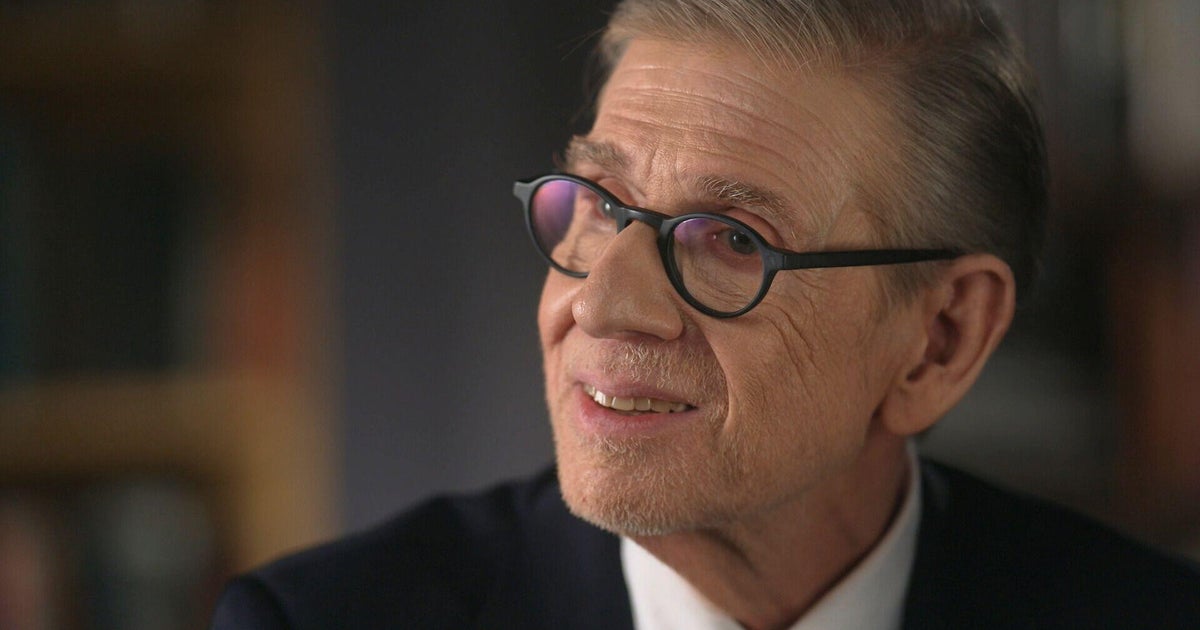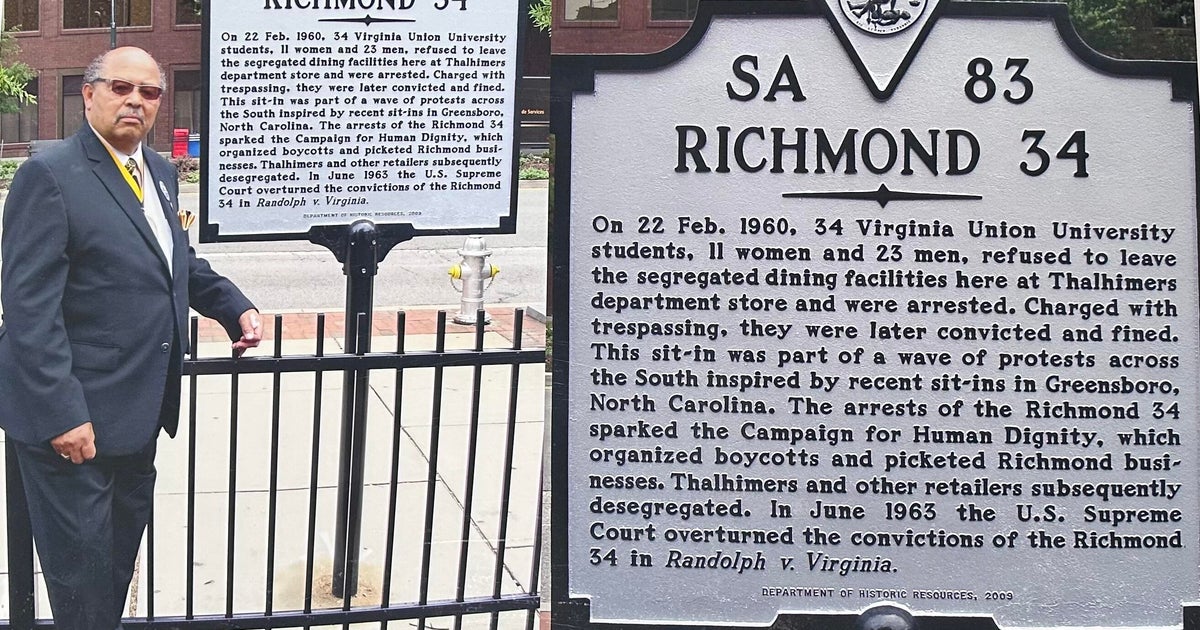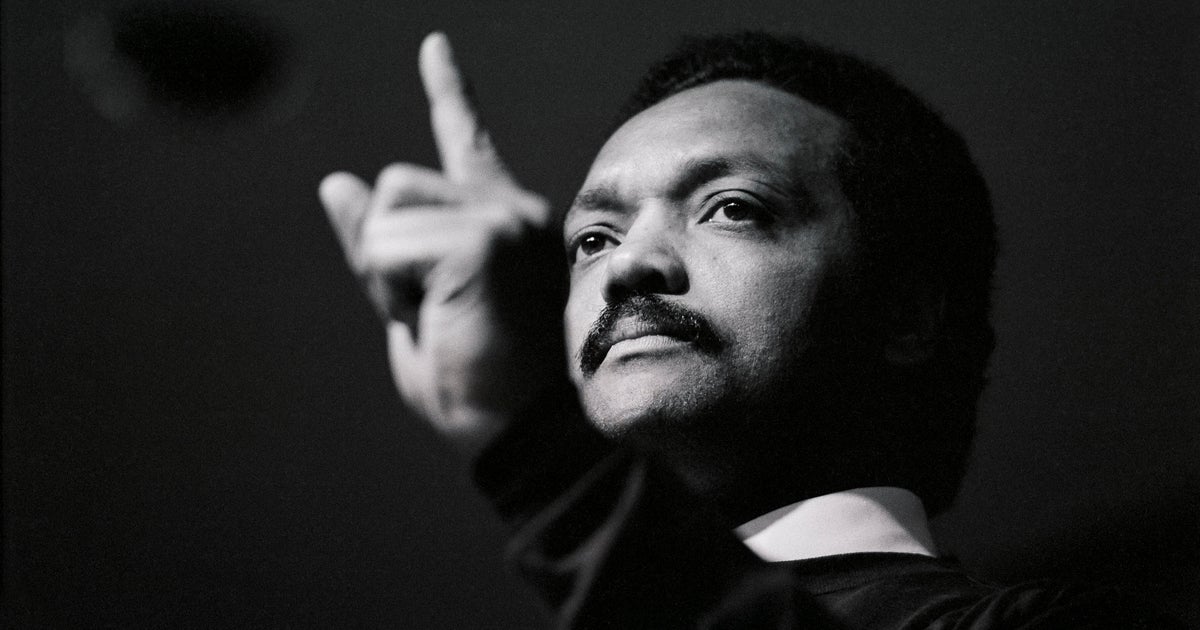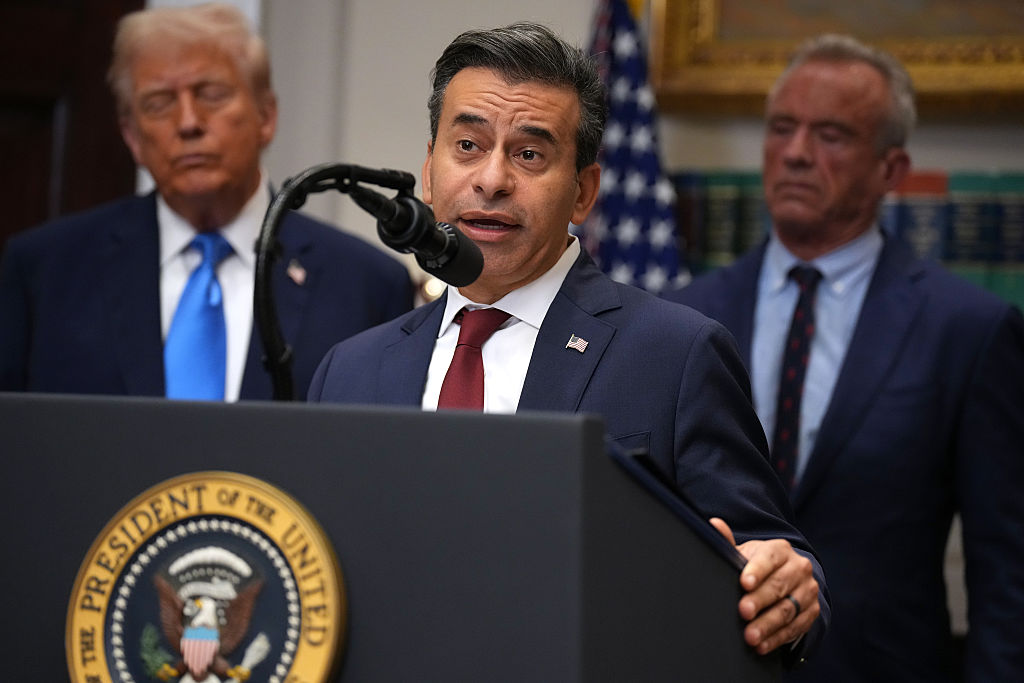Report warns against coronavirus fever-screening devices
The American Civil Liberties Union, ACLU, is cautioning against the widespread use of technologies intended to detect fevers in people from a distance. The organization said in a report Tuesday the coronavirus pandemic has flooded the market with these devices, many of which produce unreliable readings.
The ACLU also said temperature screenings raise privacy issues.
"We don't want to wake up to a post-COVID world where companies and government agencies think they can gather temperature or other health data about people whenever they want," it said.
Airports, stores and a number of other high-traffic locations have shown interest in using thermal devices as a safety measure to help reopen the economy. If a fever — a common coronavirus symptom — is detected, a business could require further screening or deny the person entry altogether.
The ACLU argued that "temperature screening should only be done if, where, and in ways that public health experts believe will actually meaningfully contribute to combatting the pandemic."
"Currently, experts say that there are sharp limits to its potential usefulness in detecting COVID-19," it said.
The Food & Drug Administration has allowed thermal cameras to be used as unapproved fever detection devices, even though the agency considers them to be medical devices, according to the ACLU. The FDA cautioned, however, that readings from "non-contact infrared thermometers," NCITs, can be disrupted by many factors, including head covers, environment and positioning on forehead.
According to the ACLU, thermal cameras that are most accurate can cost two to four times as much as a typical $15,000 system, and are designed to scan only one person at a time, at close range while standing still.
"However, there is a veritable gold rush of companies scrambling to put 'fever detectors' on the market and cash in on the crisis. The result is accuracy levels that appear to be all over the map and a certain degree of snake oil," it wrote in its report.
The ACLU said false positives or negatives could create "a false sense of security, lulling people into complacent sloppiness about more effective measures such as social distancing."
And while fever is a common symptom of coronavirus infection, no one has a complete understanding of the disease, and fever can indicate numerous other illnesses, it said.
The ACLU urged people and regulatory agencies to "skeptically scrutinize" the use of any mass thermal screening devices.
According to the ACLU, one manufacturer said it believes "the demand for viable solutions like these will last far longer than most people think. Just like 9-11 and how it impacted and changed air-travel forever, this too will change the way we live and work for a long time to come."
The ACLU said that is "precisely what (they) do not want to see."
"They should be adopted only where their accuracy, and thus their benefits against COVID-19, are reasonably high," it wrote. "And where they are not likely to outlast the disease."
